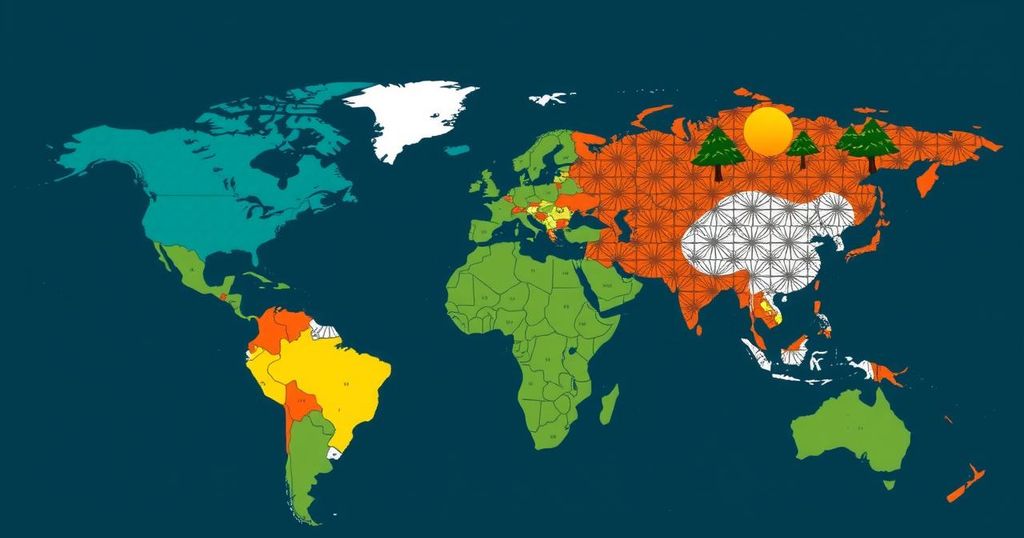Richer countries are beginning to offer compensation for climate change damages, exemplified by a $750 payment to Christopher Bingala of Malawi after Cyclone Freddy destroyed his home and livestock. Approximately $720 million has been pledged for loss and damage funding, but experts believe this amount falls short as climate disasters worsen. Discussions at the COP29 climate summit focus on establishing a systematic approach for compensation and broader climate finance initiatives.
In the wake of Cyclone Freddy, which devastated Malawi in 2023, Christopher Bingala, a subsistence farmer, experienced catastrophic losses, including his home and livestock. Thankfully, he received approximately $750 in “loss and damage” compensation, a groundbreaking initiative aimed at aiding nations most affected by climate change. Richer nations have pledged around $720 million to assist poorer countries grappling with climate-induced disasters, but experts caution that this sum will likely fall short as weather events become increasingly severe. During the ongoing COP29 climate summit in Baku, Azerbaijan, discussions are being held on the specifics of this funding, addressing both disaster response and preventive measures against further losses.
Bingala’s experience is part of a larger narrative illustrating how low-income nations, which contribute minimally to global greenhouse gas emissions, are disproportionately impacted by climate change. According to Prime Minister Philip Davis of the Bahamas, these issues necessitate urgent attention from industrialized nations, who must acknowledge their responsibility in providing necessary aid. The repercussions of climate change are not merely local; they threaten global stability by potentially creating climate refugees as impacted populations seek safer regions. The necessity for enhanced financial support for loss and damage is expected to escalate, with projections indicating a funding requirement of $250 billion annually by 2030. Hence, the imperative for affluent nations to adopt a more proactive role in climate finance and reparations remains pressing.
The topic of climate change compensation has gained momentum as the impacts of extreme weather events intensify, particularly on low-income countries that have historically contributed less to greenhouse gas emissions. The introduction of the “loss and damage” compensation framework arose from a recognition that climate change consequences burden poorer communities, requiring financial support to recover from disasters. The COP29 climate summit serves as a crucial platform for negotiating the mechanisms of this funding, as well as ensuring that necessary guidelines are established for the disbursement of aid. As global temperatures rise and detrimental weather patterns continue, the urgency for addressing climate justice, particularly in the context of international funding, becomes increasingly critical.
In summary, the plight of individuals like Christopher Bingala highlights the urgent need for rich nations to fulfill their obligations towards climate justice through effective compensation for the damages incurred by poorer countries. As funding discussions progress at COP29, there is a critical need for richer countries to recognize their historical and economic responsibilities. Failure to act could not only exacerbate the suffering of vulnerable populations but also lead to broader humanitarian crises with far-reaching impacts beyond national borders.
Original Source: www.wuwm.com






